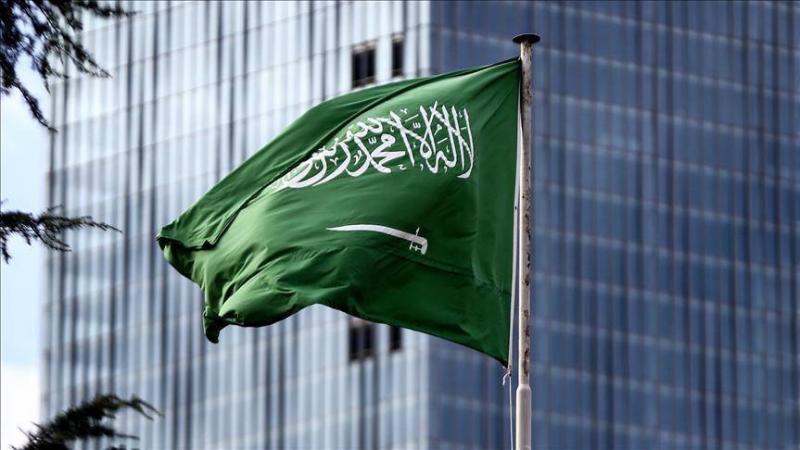The Saudi Ministry of Finance, in its preliminary statement regarding the 2022 budget, projected revenues to reach 903 billion riyals and expenditures to total 955 billion riyals. The statement anticipated a deficit of 2.7% of GDP for the current year, with expectations that the deficit will decrease further in the following year, continuing the focus on deficit reduction. The 2021 budget had anticipated a deficit of 4.9%, but this has since been revised to 2.7%, with Saudi Arabia aiming to reduce the deficit to 1.6% of GDP in 2022. The Ministry of Finance predicted a transition to a surplus of 0.8% in 2023.
Monica Malik, Chief Economist at Abu Dhabi Commercial Bank, stated, "The main message for us is the continued focus on controlling spending to achieve financial stability." The key factor behind the improvement in the Kingdom's financial situation this year was a surge in revenues, estimated to increase from 849 billion riyals in budget forecasts to an average estimate of 930 billion riyals, driven by an increase in oil production and improved prices.
Forecasts indicate that GDP growth for 2022 is expected to reach 7.5%, driven by growth in both the non-oil and oil sectors, due to anticipated increases in the Kingdom's oil production starting in May 2022 according to the OPEC+ agreement, as well as recovery in global demand and improvements in global supply chains.
Positive growth in GDP is expected to continue in the medium term, propelled by growth in the non-oil sector. Saudi Finance Minister Mohammed Al-Jadaan noted that multiple factors would support non-oil GDP growth rates, including ongoing progress in implementing vision realization programs and major projects, development of promising economic sectors, advancement in implementing various investment-boosting initiatives, and stimulation of non-oil industries and exports. Additionally, there is a gradual return of some key activities to pre-pandemic levels, recovery of the economy and global demand, and continued gradual implementation of structural reforms in line with Vision 2030.
He confirmed that the government's strategy is focused on maintaining fiscal sustainability and strengthening the Kingdom's financial position, targeting total public debt to reach 989 billion riyals in 2022, representing 31.3% of GDP compared to approximately 30.2% in 2021, with flexibility to address financing needs in light of market developments. It is also estimated that the debt-to-GDP ratio will decline to 27.6% by 2024, with expectations for stable debt levels in the medium term, supported by forecasts of budget surpluses starting in 2023, directing issuances towards debt repayment while maintaining adequate government reserves to enhance the Kingdom's ability to respond to shocks.
Furthermore, it was highlighted that the National Transformation Program has contributed significantly since its launch to achieving many important and impactful accomplishments in developing government systems and improving services provided to citizens, such as enhancing judicial services, upgrading healthcare, improving the urban landscape, and developing the Kingdom's infrastructure, including the establishment of desalination plants, developing their integrated network, facilitating business practices, expanding digital transformation and technological solutions, as well as organizing the labor market to increase its attractiveness, empowering women and increasing their participation in the workforce, developing the non-profit sector, and promoting the tourism sector.




